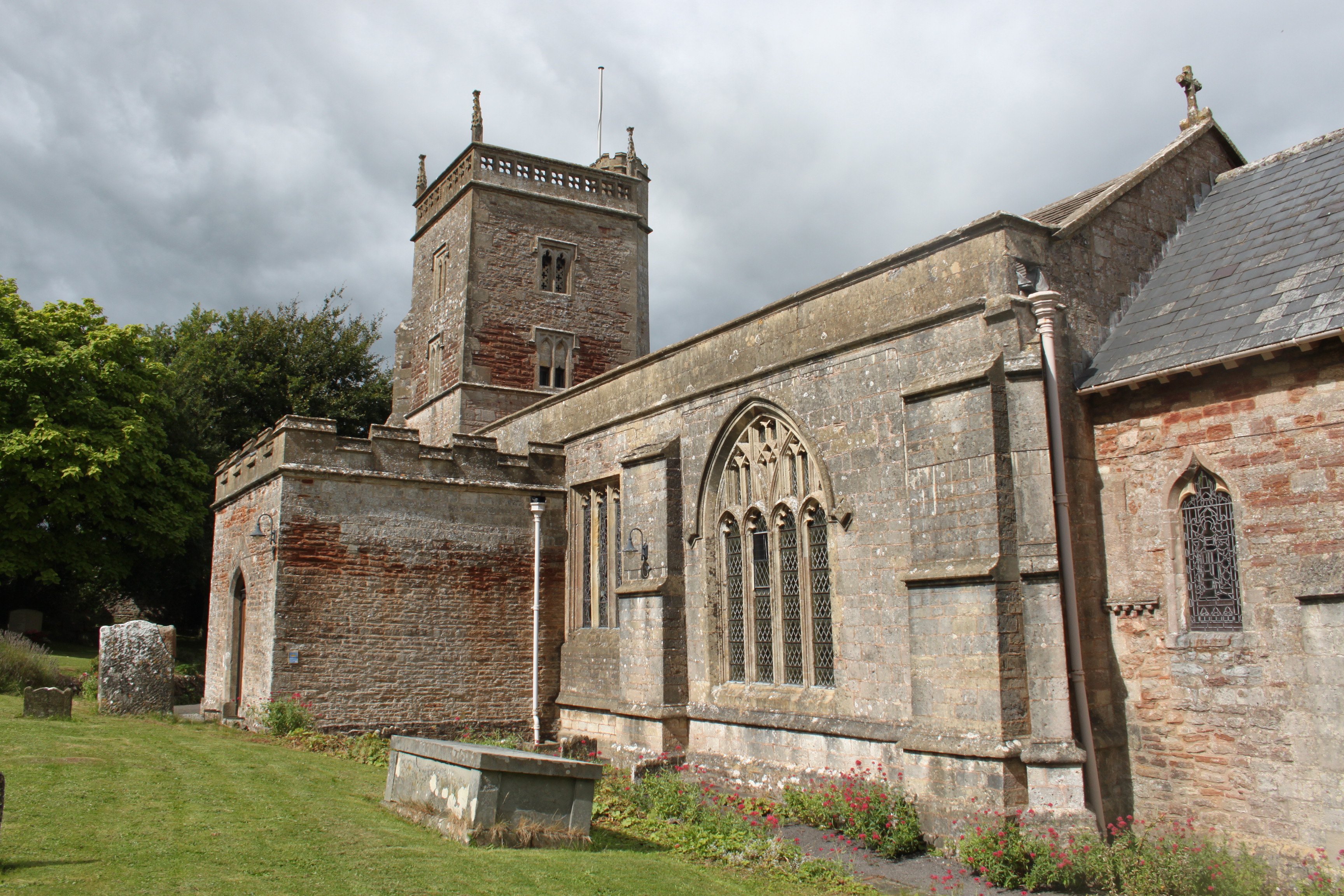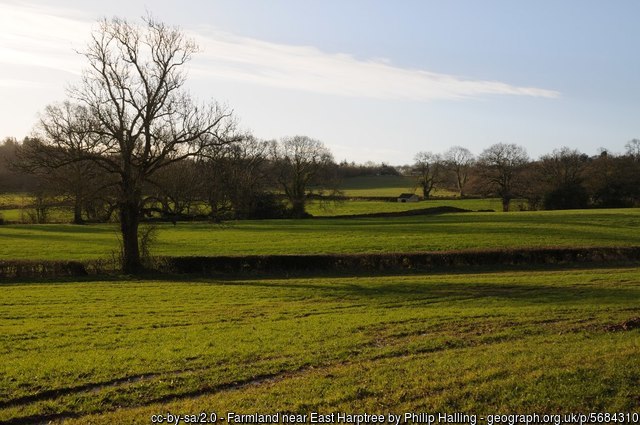
It’s a busy time of year and I’m cheating a bit. I’m going to publish some flash fiction instead of a something factual. I’m still conflicted about fictionalizing the past. I wish to state very clearly that it might not have happened this way at all.
That said, the facts are verifiable. It’s the conversation and the thoughts and some physical descriptions which are not. We can’t know. But I do have some idea of their personalities and their views on the world. Francis had a strong sense of responsibility and a great deal to prove to himself. Fanny Eliza was a wonderfully strong woman who always found a way forward. Many records still exist about this couple. Their personalities have left a mark.
My 3 times great grandparents Francis Burleton and Fanny Eliza Wookey were married in 1844 in East Harptree, Somerset. On 20th March 1850 they lost their son Albert Edward Burleton. I’m hoping to move out of the death theme by Christmas Day with their arrival in Australia, but I like to maintain accurate chronology. Although this is the story of a funeral, it’s the beginning of a new approach. A point at which, I’m fairly sure, they looked at their circumstance and their future and decided that something needed to change.

A Funeral In East Harptree (March 1850)
On a balmy morning in spring when new leaves budded on the trees, Francis Burleton followed slowly behind a tiny coffin destined for the East Harptree churchyard.
Fanny Eliza, black clad and very contained, walked at his side carrying their daughter. Her haunted poise wrenched the breath from his chest. Mary was settled deep into her mother’s arms, very aware that catastrophe of some sort had struck the family.
At the churchyard he waited with his wife and his brother Will, lost in thought. Would the sunny girl he had married emerge again? Or was she now a different creature?
Here was the grave of John Burleton, his grandfather. He remembered a solid man of stoic demeanor and poker face, the last of the old style of yeoman farmers. Church warden, local magistrate and of impeccable reputation. John Burleton had even entertained aristocracy at Eastwood Farm. His excellent husbandry added wealth to local importance. It meant something here in Somerset to be a Burleton.
But Francis also remembered that time when he was just a boy where he had no place to be, overhearing a tirade of abuse hurled at his Papa by this great man. John Burleton with florid cheeks and booming voice in the parlour at Eastwood Farm. And his own Papa, six inches taller but cowed and silent, accepting the abuse.
“A bankrupt! A Burleton in the bankruptcy courts? How DARE you show your face on this property now! I might have known you’d throw it all away, boy, but I’ll be damned if I’ll permit you to take us with you.”
Even then, afraid to move for fear of being spotted, Francis marvelled at the difference between the two men. Grandpapa so black and stiff. Papa so ethereal, tall and thin with light wispy hair. His grandpapa with rigid routines and his papa with a new grand scheme every day. But Francis did not, back then, know what bankruptcy was.
They moved to Wales, escaping whispers and recriminations. Mamma was staunchly supportive of Papa, as always. The Burletons had not approved of her and she was happier in Wales. Until Papa was transported to the colonies as a common criminal.
It really wasn’t Papa’s fault. Setting the Welsh town against him with his criticism and grand schemes, he upset the natural order of things as he always did. And they’d taken action, got him shipped off. Exiled for being a fool. And the family was separated forever.
Their uncle called Francis and Will back to Eastwood Farm where they could learn good management. Where any influence of their father could be undone. Uncle Robert was a good man who liked to do right by his family.
Coming back to East Harptree made sense. But it was an uneasy home now. Everybody knew. Nobody said a word, you could imagine the secret had been kept successfully. But the truth was there in the glances, the careful words – they way some families chose not to mix with the returned young men.
But that was in the past. He was married now. He had his own commitments. He understood loss and gain. Had hope for his own future and that of his children.
And now Will was heeding the call for emigrants and leaving them.
Uncle Robert stood alone, solid and poker faced just like the old man. He wasn’t happy with the funeral arrangements. Little Albert should have been buried in the Burleton plot, but Fanny Eliza had put her foot down and she was a Wollen.
Wollen. An old name, true aristocracy. They’d daughtered out now and Fanny’s mother had been one of the last. Francis had married her for herself, not her family name. Yet she had a power over the Burletons that he could never have imagined and she was not in awe of them at all.
He watched her move quietly to her mother’s grave and place a finger lightly on the headstone as she always did. Just a quiet ‘hello Mamma’ to the woman who died to give her birth. It was Fanny Eliza’s decree that her first born son would be buried here, with his grandmother to watch over him for all eternity.
The tiny coffin was lowered. Francis and Fanny Eliza cast the first sod. They watched their cherished son vanish from view forever. Francis had the distinct impression that Fan was burying her innocence in that little grave with her boy. When it was done she looked at him. Serene. Peaceful. Determined. Changed.
“Will has the right idea,” she said. “We have nothing here. Mamma will care for Albert now.”
Francis looked at her in puzzlement.
Fanny Eliza looked across the churchyard. “I want to move to the colonies. This place is not good for children.”
Move to the colonies. Will had suggested it weeks ago and he felt a stirring of curiosity. What might it be like?
But if Fanny Eliza had decided there was no question.
“Yes.” He looked solemnly at her. “Let’s do that.”
They walked across the churchyard to rejoin the mourners.